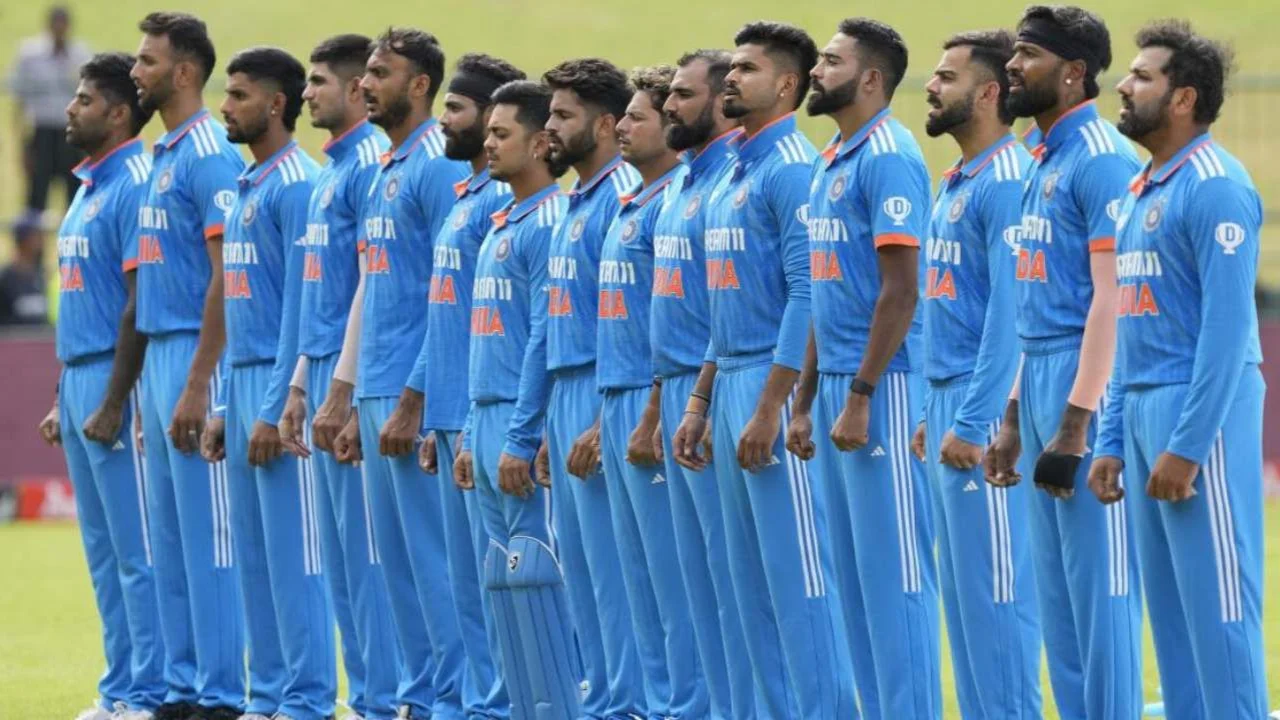Legal Considerations for IPL Player Contract Trade Clause Negotiations: Laser247, Gold365, 11xplay
Laser247, Gold365, 11xplay: In the high-stakes world of IPL contract negotiations, team owners play a pivotal role in determining the future of their franchise. With deep pockets and a keen eye for talent, these owners hold the power to shape the direction of their team through strategic player acquisitions. Their ability to strike lucrative deals with star players often hinges on their negotiation skills and financial resources.
On the other side of the table, player agents act as crucial intermediaries between the players and the team owners. Armed with in-depth knowledge of the IPL market and contract specifics, agents advocate for their clients’ best interests during the negotiation process. Their expertise in navigating the complexities of player contracts ensures that players secure favorable terms and conditions that align with their career goals and financial expectations.
Understanding Trade Clauses in IPL Contracts
Trade clauses in IPL contracts play a significant role in shaping the dynamics of player transfers within the tournament. These clauses are inserted to safeguard the interests of both the players and the franchises, ensuring a fair and transparent trading process. Understanding the intricacies of trade clauses is vital for both parties to navigate contract negotiations effectively.
One of the common trade clauses found in IPL contracts is the Right to Match (RTM) clause. This clause allows the franchise to retain a player by matching the highest bid made by another team during the auction. The RTM clause provides franchises with the flexibility to retain key players while also giving players the opportunity to secure a desired team or financial compensation.
Implications of Trade Clause Violations
Trade clause violations in IPL contracts can have significant consequences for both players and franchises. When a player breaches a trade clause, they may face financial penalties or even suspension from matches. This can not only impact the player’s reputation and career but also affect the team’s performance on the field.
From the franchise’s perspective, trade clause violations can disrupt team dynamics and strategies. It can lead to legal disputes between the player and the team, causing distractions and negative publicity. Additionally, such violations may result in the loss of trust between players and management, undermining the overall unity and harmony within the team.






